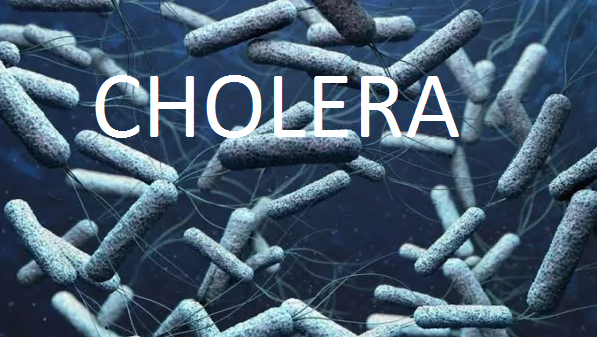The Nigeria Centre for Disease Control and Prevention (NCDC) has reported 1,528 suspected cases of cholera and 53 deaths across 31 States and 107 local government areas (LGAs) in the country.
Cholera is a food and water-borne disease, caused by the ingestion of the organism Vibrio Cholerae in contaminated water and food.
NCDC said water is usually contaminated by the faeces of infected individuals, adding that contamination of drinking water can occur at the source, during transportation, or during storage at home.
The Centre said food may also be contaminated by soiled hands, either during preparation or while eating.
“Beverages or drinks prepared with contaminated water or sold by street vendors, ice, and even tampered commercially-bottled water are known to spread the disease, as have cooked vegetables and fruits freshened with untreated wastewater,” it explained.
Meanwhile, the director-general of NCDC, Dr Jide Idris, said in response to the rapidly increasing cholera cases, a dynamic risk assessment was conducted by subject matter experts on cholera outbreak situation in Nigeria last week.
The DG, who spoke at a press conference on Monday on Abuja, said the subject matter experts were drawn from relevant Ministries, Departments, Agencies, stakeholders, and major partners.
He said the outcome of the risk assessment placed the country at “High Risk” of increased risk of cholera transmission and impact.
This, the NCDC boss said, demanded immediate and coordinated actions and therefore necessitated the activation of the National Cholera Multi-Sectoral Emergency Operations Centre (EOC) in Nigeria on Monday.
“The decision to activate the Cholera EOC underscores the gravity of the situation and our unwavering commitment to protect the health and well-being of every Nigerian.
“The EOC will serve as the nerve center for the coordination of response across the country, it will also support affected states, facilitate rapid communication, data analysis, and decision-making processes, mobilize resources, expertise, and support from across the NCDC, our partners, and stakeholders at all levels of government.
“It will ensure efficient deployment of needed resources, strengthen surveillance and diagnostic capacity and capabilities, enhance case management, training and intensify public awareness and community engagement activities,” he explained.
He called on all stakeholders to stem the tide of cholera outbreak and redouble their efforts to contain the spread and prevent further loss of lives.





